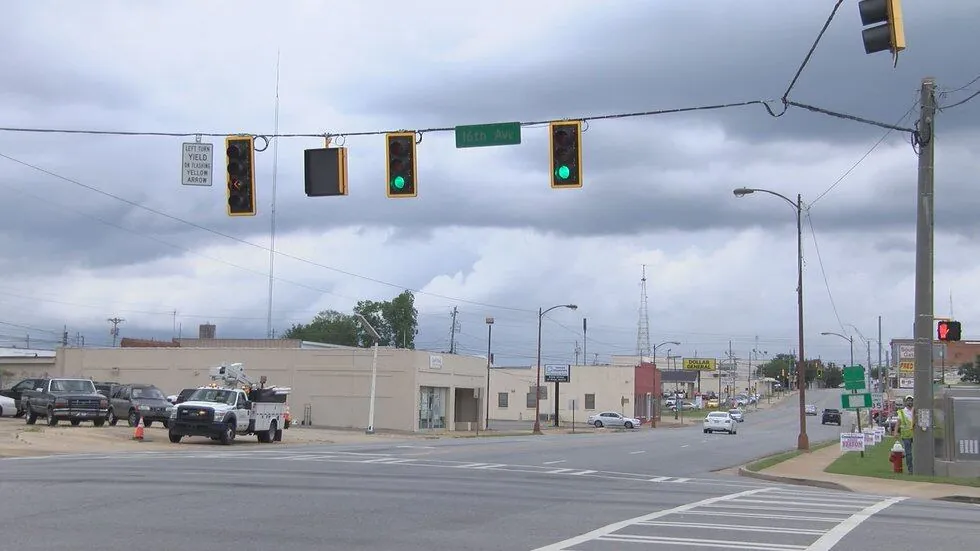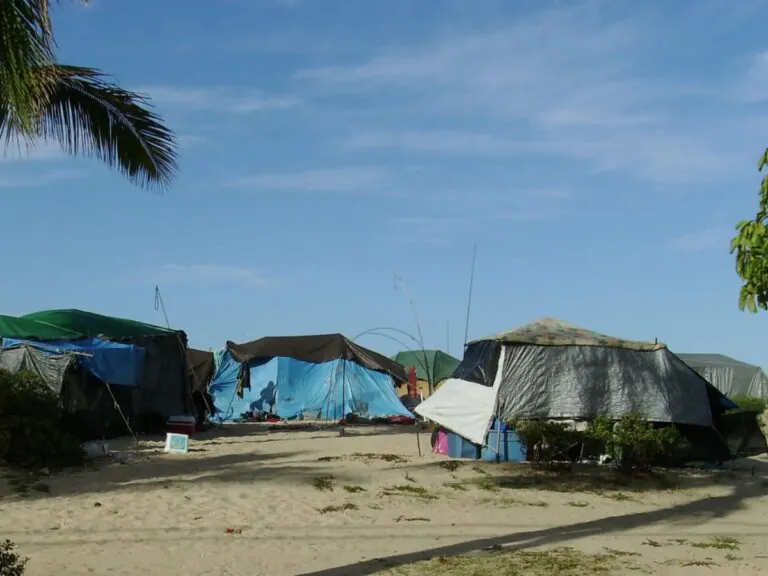This Town Has Been Named the Poorest in Georgia, You’ll Never Believe It!
The town of Cordele, Georgia, has been named the poorest in the state. According to a 2023 analysis by 24/7 Wall St., Cordele has a median household income of just $23,294, which is less than half the statewide median income of $51,037. Additionally, Cordele has the highest poverty rate in Georgia, with nearly half of its residents living below the poverty line (49.6%).
In this article, we explore the factors contributing to Cordele’s economic struggles and the initiatives the town is undertaking to overcome these challenges.
Economic Factors
Reliance on a Declining Agricultural Sector
Historically, Cordele’s economy has been closely tied to agriculture, particularly cotton farming. However, recent years have seen a decline in the agricultural sector due to factors like automation and consolidation. This decline has resulted in job losses and economic hardship for many residents.
Lack of Economic Diversification
Cordele’s economy lacks diversification, with a heavy reliance on agriculture. This leaves the local economy vulnerable to shocks and downturns in the agricultural sector.
Limited Access to High-Paying Jobs
The town faces a scarcity of high-paying jobs, with many residents employed in low-wage positions in the service and manufacturing sectors, exacerbating the poverty issue.
High Cost of Living
Cordele’s relatively high cost of living compared to other parts of Georgia makes it challenging for low-income residents to afford basic necessities, further contributing to the poverty rate.
Demographic Factors
High Elderly Population
Cordele has a significant elderly population, with 21.8% of residents aged 65 or older. Seniors on fixed incomes may struggle to afford basic necessities, intensifying the town’s poverty challenges.
High Minority Population
With 65.2% of residents identified as Black or African American, Cordele has a substantial minority population. Unfortunately, minorities are statistically more likely to live in poverty than white Americans, adding to the town’s economic struggles.
Other Contributing Factors
Lack of Affordable Housing
The town suffers from a shortage of affordable housing, making it difficult for low-income residents to secure suitable living arrangements.
Limited Access to Healthcare
Cordele’s rural setting presents challenges in accessing healthcare services, potentially leading to health problems and lost wages for residents.
Lack of Transportation
Limited public transportation in Cordele creates difficulties for residents in commuting to work, school, and appointments. This lack of mobility can contribute to job loss, school dropout rates, and social isolation.
Initiatives for Change
Despite these challenges, Cordele is actively working to address its poverty problem and build a brighter future for its residents.
Attracting New Businesses and Industries
Cordele is making efforts to attract new businesses and industries to the area, aiming to create more jobs and stimulate the local economy.
Investing in Education and Workforce Development
Recognizing the importance of education and workforce development, Cordele is investing in programs to equip residents with the skills needed for success in the job market.
Expanding Access to Affordable Healthcare
To improve residents’ health and well-being, Cordele is working on expanding access to affordable healthcare services, simultaneously aiming to reduce overall healthcare costs.
Improving Transportation Options
Recognizing the impact of limited transportation on the community, Cordele is actively working to enhance transportation options, making it easier for residents to reach essential destinations and opportunities.
In Conclusion,
While Cordele faces significant economic challenges, the town is resilient and committed to implementing positive changes. By addressing the root causes of poverty and implementing strategic initiatives, Cordele aims to uplift its community, foster economic growth, and build a more prosperous future for its residents.







